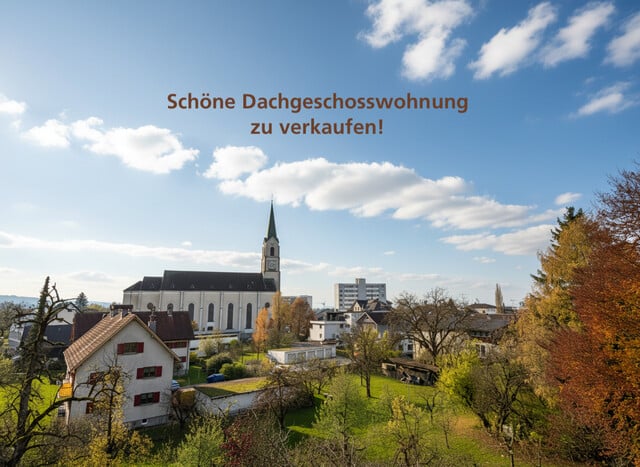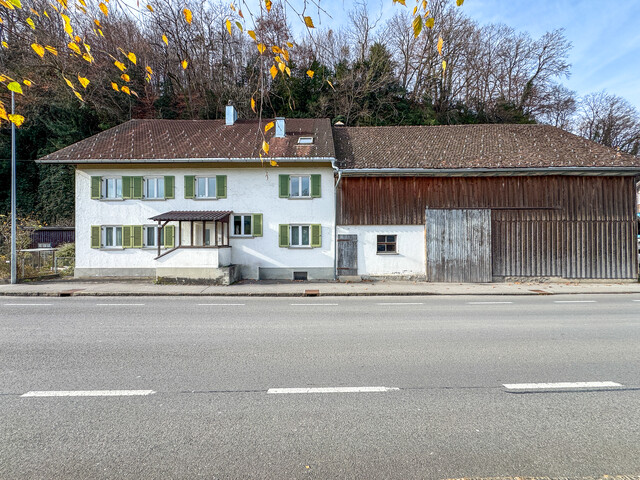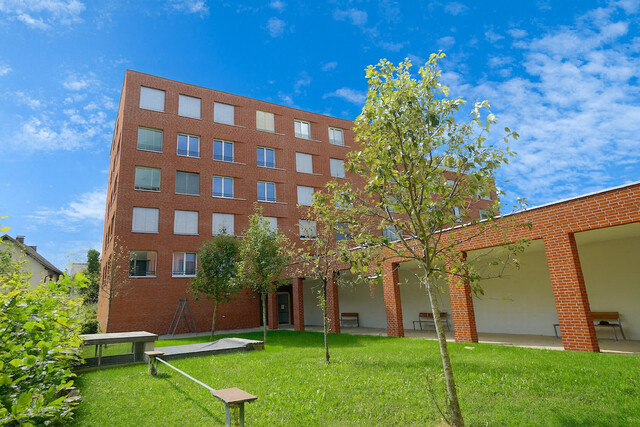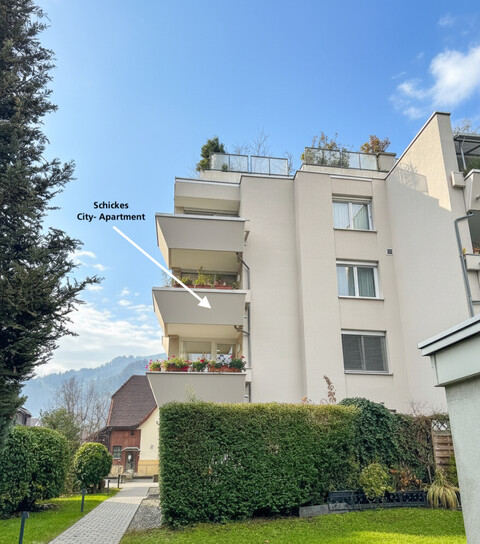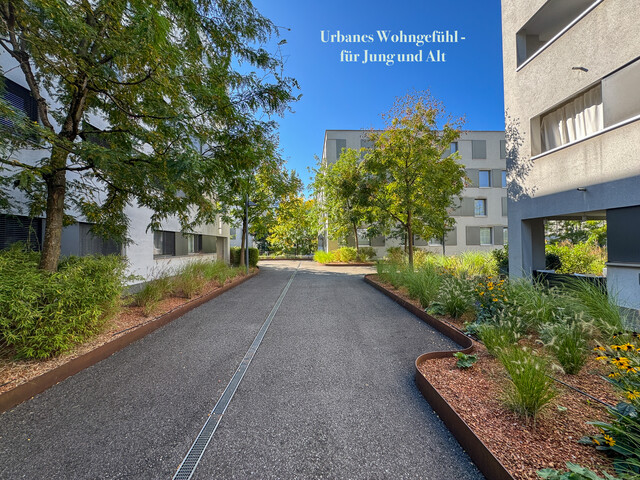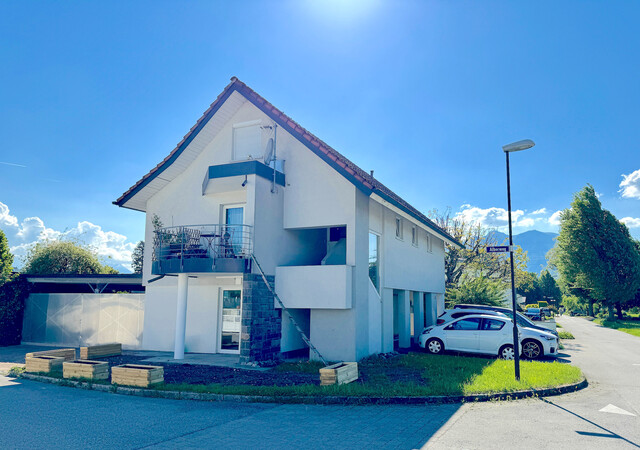Clear Demand for Mandatory Education for Young Refugees

They are based on three scientific analyses on the subject. The exclusion of asylum seekers from compulsory education until 18 violates children's rights and international guidelines, it was stated at the presentation on Monday in Vienna. Lack of opportunities also costs the Austrian economy around 53 million euros a year.
Like all other young people, asylum seekers also have "dreams and images in their heads," said Caritas Secretary General Anna Parr at the press conference. In Austria, however, they have no opportunity to pursue them. Because asylum seekers are exempt from the current compulsory education until 18. Many therefore drop out of their educational path after the ninth grade and do not find their way back into the system later.
"Austria does not fulfill obligations"
Caritas has commissioned a legal opinion from Lioba Kasper, an expert in asylum and children's rights. This comes to a clear conclusion: "Austria does not fulfill its obligations," reported Parr. The Federal Constitution, the UN Convention on the Rights of the Child, and the EU Reception Directive are violated by the current rules. The latter is part of the new European asylum laws and must be implemented by July 2026. It is a "quite simple change," said Parr. Currently, it means waiting for politics, as there are no indications of legal adjustments yet.
Formally, there are possibilities for further education for asylum seekers, said the Caritas Secretary General. "But in reality, it is practically impossible for them." Schools decide independently on admission, "one could almost say arbitrarily." For an apprenticeship, approval from the Public Employment Service (AMS) is required. Around 10,000 people are affected in Austria. The demands include "compulsory education for all," better language support, labor market assistance, and more transparency in the system.
Employment rate could be increased
Migration researcher Judith Kohlenberger from the Vienna University of Economics and Business (WU) has examined the overall economic costs for Caritas. Surveys of experts and a literature analysis have highlighted the high burdens for asylum seekers. The consequences of educational interruptions are "profound," said Kohlenberger. The motivation to learn decreases, and the risk of prolonged unemployment increases. According to the report, the employment rate among young refugees could be increased by 15 percent through better educational participation. This would save the state 5,500 euros per person or a total of 53 million per year.
Volkshilfe Director Erich Fenninger presented a research project on the labor market integration of young beneficiaries of protection in Lower Austria and Upper Austria. They are often seen as scapegoats, but integration requires the willingness of both sides. "A competition of rejection contributes nothing," said Fenninger. The motivation is pronounced in many, but they are condemned to wait. Those affected often quickly take up precarious employment instead of prioritizing language acquisition and education. Here, Volkshilfe wants to counteract and calls for practical language courses compatible with employment and education.
(APA/Red)
This article has been automatically translated, read the original article here.
Du hast einen Hinweis für uns? Oder einen Insider-Tipp, was bei dir in der Gegend gerade passiert? Dann melde dich bei uns, damit wir darüber berichten können.
Wir gehen allen Hinweisen nach, die wir erhalten. Und damit wir schon einen Vorgeschmack und einen guten Überblick bekommen, freuen wir uns über Fotos, Videos oder Texte. Einfach das Formular unten ausfüllen und schon landet dein Tipp bei uns in der Redaktion.
Alternativ kannst du uns direkt über WhatsApp kontaktieren: Zum WhatsApp Chat
Herzlichen Dank für deine Zusendung.


